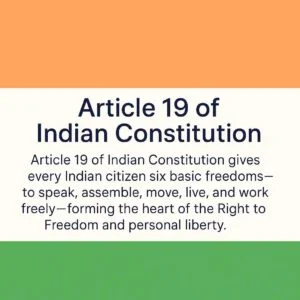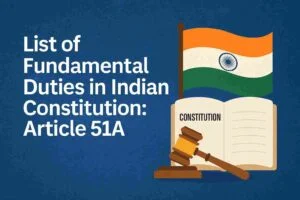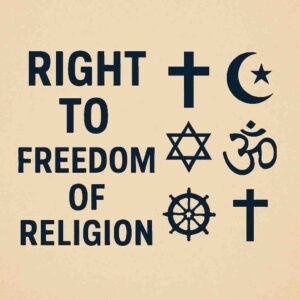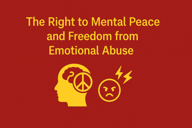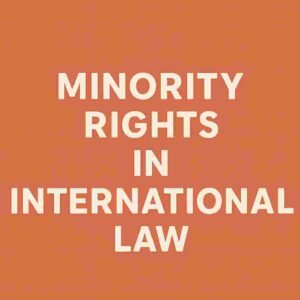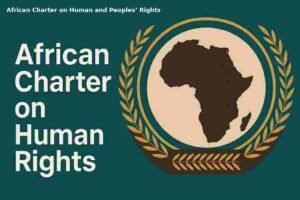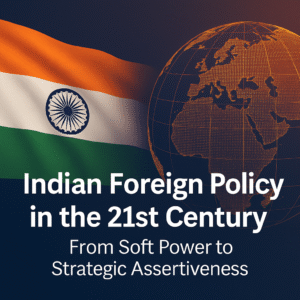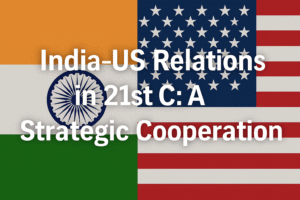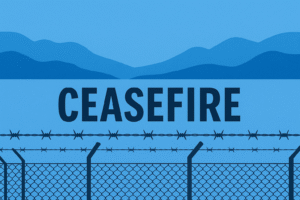Article 21 of Indian Constitution — Right to Life & Personal Liberty Explained
Article 21 of Indian Constitution is one of the most important and powerful fundamental rights that protects the life and liberty of every person living in India. It simply means that no one can be deprived of their life or personal freedom unless the law allows it through a fair and just procedure. In easy […]
Article 21 of Indian Constitution — Right to Life & Personal Liberty Explained Read More »

